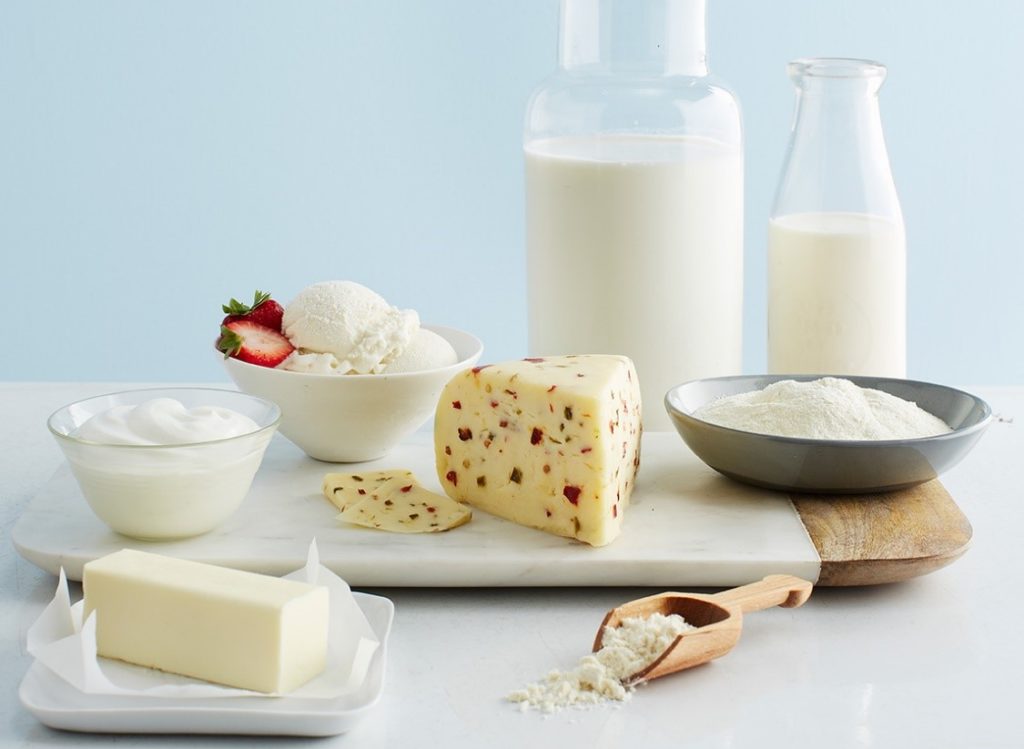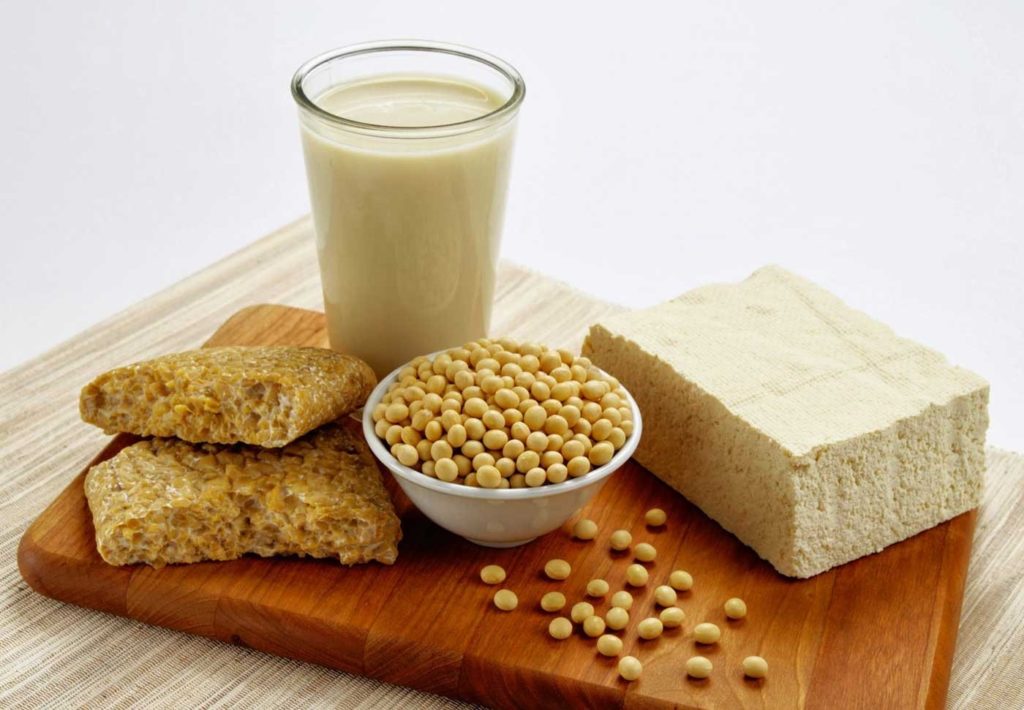Spicy Foods
Spices like chili, pepper, or hot sauces can dilate blood vessels and increase blood flow to the skin, leading to redness, warmth, or even hives. They’re especially triggering for people with rosacea or eczema.
🧀 Dairy Products
For some people, dairy can increase sebum production or worsen acne flare-ups due to the hormones present in milk. Sensitive skin types may also experience inflammation or puffiness.
🍫 Chocolate & Caffeine
Although not inherently bad, they can sometimes lead to flare-ups because they stimulate the nervous system and may affect cortisol levels, which in turn can impact the skin.
🍷 Alcohol
Alcohol is a vasodilator, meaning it widens blood vessels, which can worsen redness or rosacea symptoms. It also dehydrates the skin, making it more reactive.
🍤 Common Allergens (Shellfish, Nuts, Gluten, etc.)
Even a mild intolerance can affect skin. People with sensitivities might notice rashes, itchiness, or flare-ups after consuming them.
🧂 Highly Processed & Salty Foods
These can cause water retention and puffiness. Some additives and preservatives may also irritate the skin or trigger sensitivities.
✅ What’s Safe?
Generally, a skin-friendly diet includes:
-
Antioxidant-rich foods (berries, leafy greens, turmeric)
-
Omega-3-rich sources (flaxseeds, walnuts, chia seeds, fish)
-
Hydrating fruits and vegetables (cucumber, watermelon)
-
Simple, unprocessed whole foods
Final Word
Sensitive skin doesn’t mean you need to eat bland, boring food—or adopt strange cookware rituals. But it does mean being mindful of what you eat, reading labels, and paying attention to your body’s reactions.
- Dairy

image source
Milk, cheese, yogurt and other forms of dairy are packed with whey and casein protein, which can activate or aggravate allergies, particularly those that show on the skin.
Replace your dairy with other sources of protein such coconut milk, almond milk and rice milk. Even consider trying other forms of animal milk, such as goat and sheep.
You might’ve noticed that we never mentioned “soy milk” and there’s a very good reason for that.
2. Soy

image source
Soy can create rashes, hives and even breakouts just hours after being ingested, which is actually one of the reasons behind the whole “people with sensitive skin can’t be vegetarian/vegan” conundrum.
Truth is, soy allergy is quite common, even for people without sensitive skin which is why you can work around the lack of soy in your diet quite easily.
What’s nowhere near as easy is avoiding soy altogether, mostly because the food industry likes to use soy to add flavor to just about everything. Tuna, bread and protein supplements are some of the culprits so make sure to read those nutrition labels quite carefully next time you’re at the supermarket.
3. Egg Whites

image source
Egg whites can trigger an allergic reaction in some people, which can cause inflammation and rashes within minutes of being ingested.
If we’re technical here, it’s egg whites what you really need to be careful of but, let’s face it, few dishes call for yolks only so you should stay away from eggs altogether if they cause an allergic reaction on your skin.
4. Wine

image source
You’d think that after spending the entire day navigating around what gives you rashes and what doesn’t a nice glass of wine would be the perfect way to relax but that’s not the case.
Wine can cause allergic reactions in some people and the chances you’re one of them if you have sensitive skin is quite high.
Wine allergies are caused by sulphites, which are used to preserve the wine through the years. These sulphites can cause flushed skin, rashes and even dermatitis, making wine, particularly red wine, one of the foods you should avoid if you have sensitive skin.
Yeah, we know. It sucks.
Before you start cursing the world and all that’s unfair, keep in mind that skin sensitivity is different from person to person. Some people are far more sensitive than others and some might be sensitive only to very specific substances.
You may not be sensitive to some of the articles mentioned in this list so next time you eat or drink any of those pay attention to what your body does. If you don’t present any rashes or hives then, congratulations, you might not be allergic / sensitive to that substance and you should feel free to add it to your diet.
However, if you do present certain complications then chances are you’re sensitive or allergic so you should take steps to eliminating them from your diet.
If you have any questions, doubts or suggestions, leave a comment! We’d love to hear from you.
Don’t forget to like and share with your friends and family.
RD Neha Kava
Latest posts by RD Neha Kava (see all)
- 3 Supplements To Try That Will Improve Your Health - March 15, 2025
- 3 Tips to Adding Supplements to Your Diet - March 14, 2025
- Beginners Running Tips – How to start getting in shape with the most efficient exercise out there - March 13, 2025



